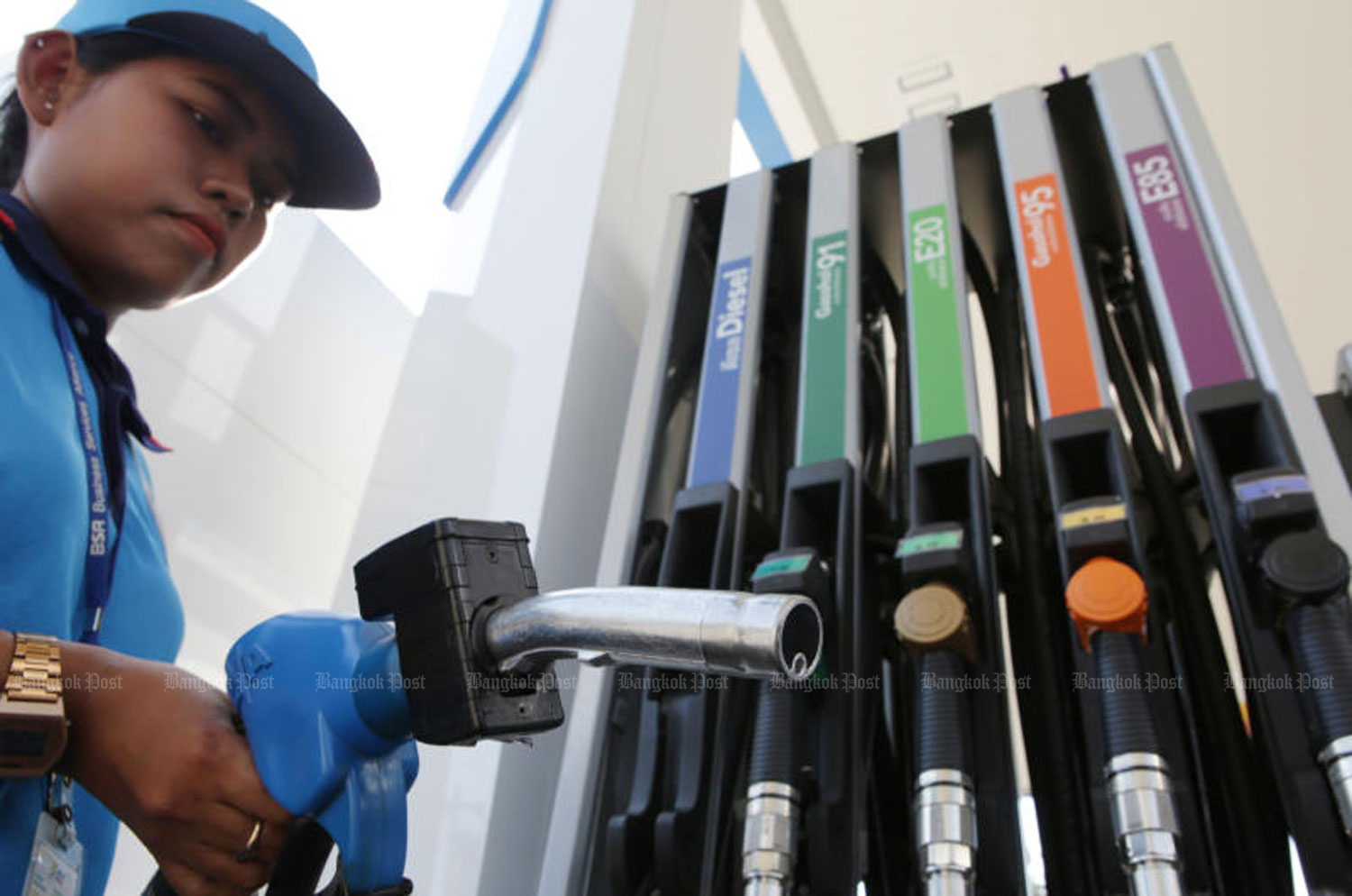
Energy Minister Supattanapong Punmeechaow has explained the government's thinking in acting to lower the price of B7 diesel by one baht per litre at the pump.
He said it would help rein in the cost of living as global oil prices rise in a time of hardship.
Mr Supattanapong, also a deputy prime minister, issued his long explanation on Tuesday after the Energy Policy Administration Committee (Epac) approved a reduction of the Oil Fuel Fund fee at the pump on diesel B7 from 1 baht to 0.1 baht per litre, effective immediately.
He said global oil prices were rising, as were natural gas and coal prices, even though Opec had agreed to increase petroleum output by another 400,000 barrels a day.
It was therefore necessary for the government to look into the price of diesel B7, which had risen to over 30 baht a litre at the pump, he said.
Efforts had been made to persuade people to switch to diesel B10, which was still below 30 baht, but this type of diesel was not popular, he said.
There were still technical problems regarding the use of diesel B10 and most consumers still used diesel B7.
This was why the government moved to keep prices at 30 baht or less and on a par with diesel B10, which is used in similar types of vehicles.
The Oil Fuel Fund still had around 10 billion baht left after Epac approved the reduction in the contribution rate from diesel B7 to 0.1 baht.
He also said rising global oil prices would not affect electricity prices in Thailand as the government had frozen the FT rate until the end of this year and would closely monitor the situation.
He shrugged off opposition Pheu Thai Party deputy leader Pichai Naripthaphan’s remark that if his party were in power they would immediately lower diesel prices by 5 baht a litre to ease peope's hardship.
Currently, diesel consumption was about 60 million litre a day. If prices were lowered by 5 baht a litre it would cost 300 million baht a day, or 10 billion baht a month. If there was maximum use of diesel, it could reach 100 million litres a day and this would cost about 20 billion a month, he said.
"Just try to figure out that 200 billion baht a year will be used. It’s easier said than done. Where could the money be found? Is it fair to all sides? Everything must be balanced. What we have done is to maintain the balance," the energy minister said.
Mr Supattanapong announced earlier that Epac had approved a cap on diesel prices of 30 baht per litre, initially until the end of the month.